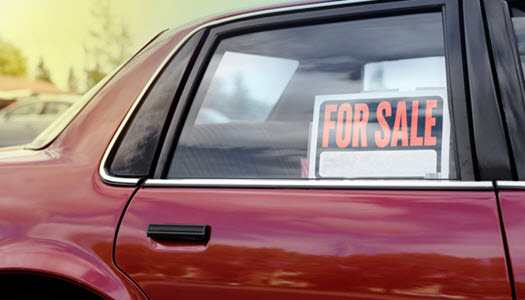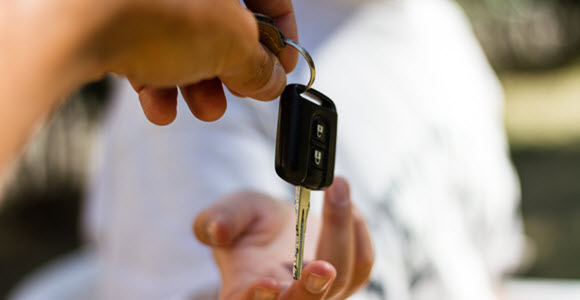Useful Tips to Follow While Buying a Used Car
Posted on | 16 Jun 2017 By Anita Gaal
When you decide that you are ready for a new car, by necessity or sheer free will, then you will likely encounter issues along the way. In order to avoid these issues, it is important that you are informed about things to look for and how to best prepare yourself for buying a car. This is particularly important when you are considering buying a used car. Buying a used car has its obvious advantages: they are generally cheaper, and you can find great deals are cars that have barely been driven. If you decide that buying a used car is a better, more economical option for you, then it is best if you know how to go about looking through your choices. Dealerships have a bad reputation for fibbing on car specs, especially if the car is used, because they tend to not do thorough inspections before they purchase a used car from a seller. Certified pre-owned cars are sometimes a great option if you decide to buy a used car because they have been certified by the dealer to meet the basic conditions for sale. This does not mean you are out of the weeds, so here are some tips to follow while buying a used car.
Figure out how much money you want to invest
First and foremost, it is important to figure out how much money you are willing and able to spend on a car. While used cars are generally cheaper than new cars, this is highly dependent upon what type of car you are looking into buying, as well as a few other specifics. For instance, the price is generally calculated by the age of the vehicle, the mileage on the vehicle, and the shape that the vehicle is in when it arrives at the dealer. You may be wondering how this works for sellers who are not dealership-affiliated—or “private sellers.” Generally the process works the same way, although private sellers can come with their own areas of deceitfulness. For instance, dealerships must disclose information to buyers about the history of the vehicle, while private sellers sometimes do not divulge all the pertinent information; for example, whether or not the vehicle has been involved in a car accident before. Regardless, sticking to a budget is a good way of looking for only the cars that will fit into your price range.
Go through a pre-purchase inspection
Whether you are buying a new or used vehicle, it is crucial that you always test drive it. Just because a car is pretty and shiny does not mean that under the hood everything is kosher. In addition to test-driving the car, it is always a good idea to go through a pre-purchase inspection. If you can have a trusted mechanic first look at the vehicle, it is likely that they will come across a few things that need to be repaired. Keep in mind that used cars are not new; in case we didn’t have to tell you this, used cars have been driven before, have run over things, have accrued usage and mileage that you were not involved in. It is unrealistic to expect a used car to be in tip-top shape, and that is precisely why they come at a discounted price. Pre-purchase inspections are critical when buying used cars especially, because then you can have a better idea of what you’re really getting into.

Take help from a knowledgeable mechanic
Buying a used car is economically usually a great idea, but the success of your purchase will likely depend greatly on what steps you take leading up to the sale. Before you make any purchase, it is important to do your research on the fuel economy, the typical resale value, and the general issues that one may encounter with any given car model. Being an informed consumer is not just about trusting an expert’s opinion, although it can be of great value when you are only somewhat knowledgeable about the details of a particular vehicle—a knowledgeable automotive specialist will be able to help you fill in the blanks by performing a pre-purchase inspection, or giving you any particular advice in regard to the dealership you choose to buy from. Buying a used car can be tricky—so don’t fall into the shiny object trap.










